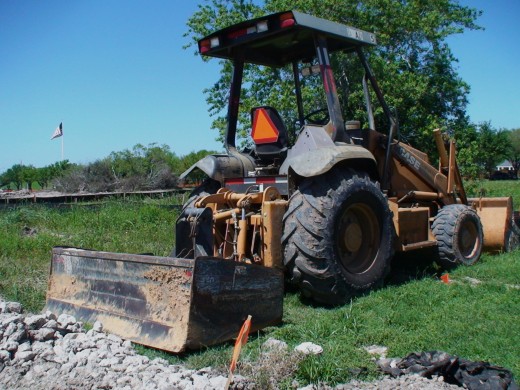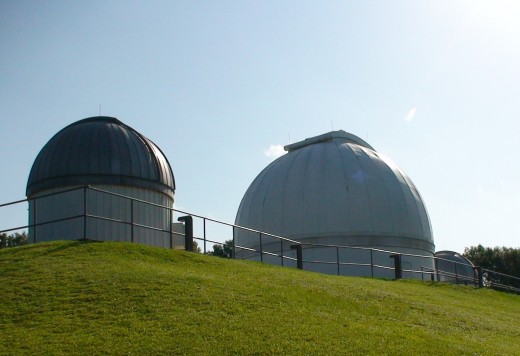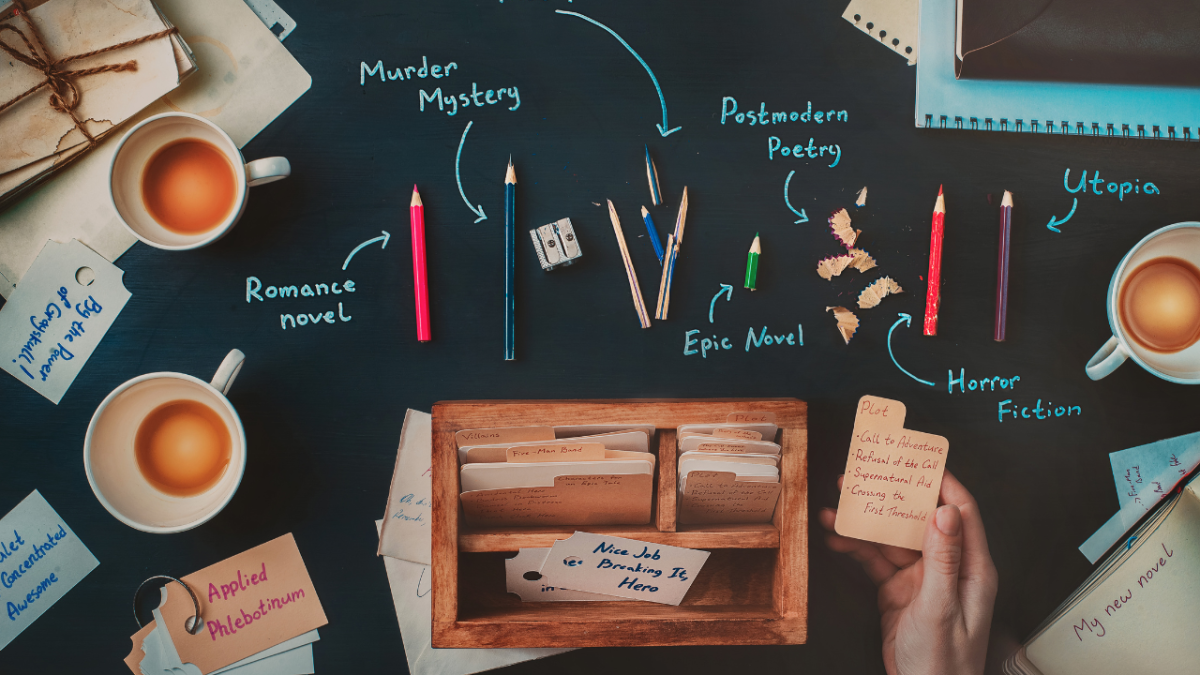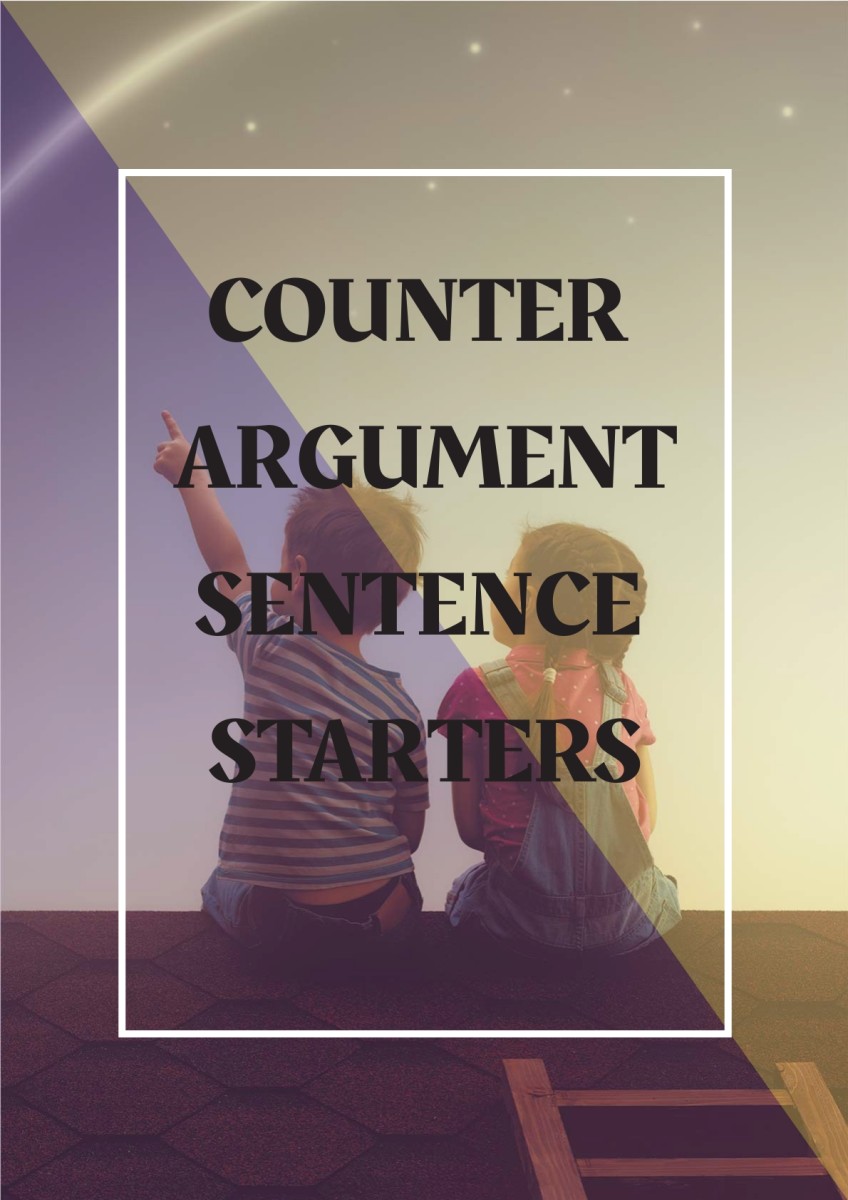11 Reasons Writers Love to Learn







By Joan Whetzel
Having a passion for learning is not about getting grades. It's about really seeing and listening and being an empty vessel waiting for new experiences to be poured in. It's about feeding a sense of wonder and about having and expressing ideas. It's about having the courage to take chances and not being afraid to listen to new opinions and ideas. For writers, having and a love of learning is one of the most essential tools of the trade. There are several ways to develop this sense of learning.
- Be Flexible
Being flexible means being open to adventure. For writers, adventures take us to new places and allow us to experience people and events that we would not otherwise have considered if we lived by our schedules all the time. Sometimes, as writers, we have to put away the schedules and the maps and stray off the beaten path. Being flexible - saying yes to the adventure - leads to the surprises that make for some of the best writing.
2. Multimedia Learning
Multimedia sources lead to so many sources of information as well as different ways to absorb that information. Most of us have one preferred method of learning- visual, auditory, or tactile. This is the type of media we use most when we learn new things. But if we use this sense solely, we may notice the other senses starting to shrivel up from disuse. As writers, we need to learn using all of our senses, since we need to use sensory information to describe what's going on at any time in our stories. Learning through all the senses and with all the materials and sources we can find to feed us through our senses, we learn more and we write better.
3. Learn What's Out There, Just for the Fun of It
Once out of school, we cease learning because we have to. I went to college late in life, as having done so, I didn't view the experience as something I had to do. I really wanted to be there so I loved the experience. It also opened me to some new ideas and some points of view I had never considered before. Between that experience and the explosion of the internet, I so intrigued with all the things I don't know and want to learn - just for the fun of it. It's also fun being able to amaze family and friends with information they didn't know - and that they didn't know that I knew.
4. Observe the Little Things
Sometimes "the devil is in the details" as they say. We get so involved at looking at the big picture that we forget the little things. We see that the rosebushes need trimming but forget to stop and inhale deeply or gasp in wonder at the butterflies enjoying the roses as they open. We see the ant bed in the backyard, but we miss the opportunity to get down there with the ants, and a magnifying glass, to observe firsthand how they work together and marvel at how they manage to carry food that weighs so much more than they do. We scurry about trying to get out of the rain, but forget to inhale the fresh air that the rain leaves in its wake, or stare in awe at the beauty of a rainbow, or just have fun singing in the rain and splashing in the puddles like a 3 year old. As writers, taking time to watch these small things unfold can lead to some interesting searches for information. How does that butterfly eat from a flower and what does it do with the pollen? How does that ant carry so much weight? How is ant society organized? Why is splashing in puddles so much fun?
5. The Other Side of the Story
Listening to other people's ideas and opinions is a wonderful way to open oneself to learning. To hear things you haven't considered before opens the mind to a universe full of questions. It doesn't mean that your way of seeing things is necessarily wrong, it just means there's another way to look at just about anything. Writers get to venture into the realm of different points of view on a regular basis. This concept of looking at things from a different point of view gives any topic or piece of fiction a completely new angle or approach than what's already out there.
6. They Say: "It Can't Be Done" - Prove Them Wrong
Have you ever told someone that you wanted to try something, only to be told "it can't be done?" Developing a love of learning is a great way of proving them wrong. If it's something you really want to do or to learn about, find out what it takes to do it, then start putting one foot in front of the other. The "prove them wrong" concept can send a person to college in her late 40s (or even later in life) or encourage a person to write his first book. Writer's can use this concept to explore all the possible ways something might be done when everyone else seems to believe it's impossible.
7. Curiosty NEVER Killed the Cat
Curiosity is a great thing. It fits right in there with wonder. As a kid, it led my son to find out everything he could about dinosaurs, snakes, and poison dart frogs. He loved them, couldn't get enough of them. We watched movies and TV shows about them. We even read every book that the public and school libraries had to offer. Writers use this as a basic tenet of research. Then we get to go a step further by looking for the information that's missing, the questions that haven't been answered, how the information we've found can be applied to some other aspect of life, or how some other aspect of life or some other piece of information can be added to the topic to make it different. Finding out everything there is to know also gives us a way to combine information in new ways and explain the subject from a different point of view. The subjects we choose to learn about in this way are usually not subjects that we already know very much about. In fact writers frequently tend to pick subjects that we know little or nothing about just because we want to learn.
8 .Do Something New to You
Learning something new sometimes entails doing something new and different - trying a new hobby, picking up a new home improvement or car repair skill, learning to drive for the first time, learning a new exercise, leaning to sky dive. Of course this learning process usually comes with a lot of mistakes. But that's part of the fun of learning by doing. You get to find a bunch of ways not to do something. On the other hand, you might be surprised that the mistake you thought you made actually turns out to be something good. Have you ever added an ingredient to a recipe that doesn't sound like it should belong there - or left one out accidentally - only to have the recipe turn out so much better? The point is to give yourself permission to make mistakes, because they might just accidently turn out to be the right move. Writers make a lot of mistakes as they learn to write. They also expand their creative nature by trying new things, even when they aren't that good at it.
9. Read, Read, Read
Reading is essential to learning. Writers should read at least a little from as many genres as they can. Sports isn't my favorite topic, but I find myself dipping into the sports page from time to time just for the heck of it. Writers can learn just as much from fiction as from nonfictions. The two forms feed each other. As readers, we get to learn a few of the things that other writers have learned along the way.
10. Play
Watch a classroom full of kindergarteners or preschoolers sometime. Play is their main mode of learning. Play makes learning fun. If you want to learn something, make a game of it. Better yet, invite a kid along for the ride and see what they do with it. By poking fun at it, laughing at the mistakes you make, and making the experience playtime, it removes the "chore" from the learning experience. Writing about the fun you had learning in this way is even more fun.
11. Observe
Sit back and nonchalantly "people watch." It's a visual form of eavesdropping. It's a great way for writers to watch the people normally act and talk, the way they wouldn't behave if they knew they were being observed. This provides key behavioral details for any writer's took box. The key is not to call attention to what you're doing. The people you're observing might object. If you get caught, apologize and go on your way. Otherwise enjoy the experience of learning how others socialize and problem solve.
There are so many ways to learn and all of them can, and should be, enjoyable. The minute the learning experience gets boring or tiresome, stop and go do something else or look for new things to learn. But never stop learning. You'll miss out on all the fun if you do.




